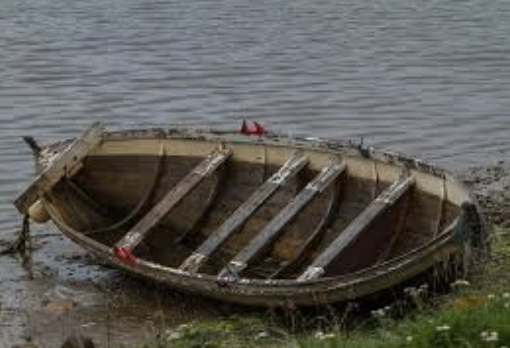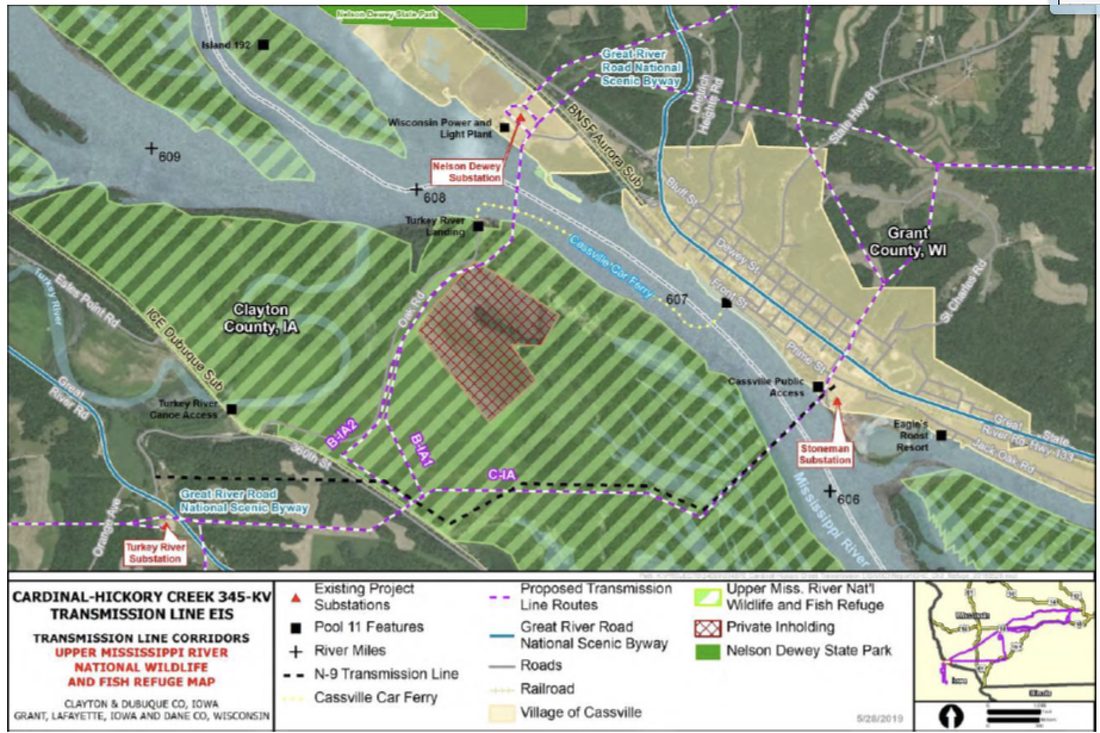David Buckman, President, Block Grain Belt Express Illinois asks why Grain Belt Express cannot be buried on existing rights of way like a similar project proposed in Illinois. And why can't GBE be buried like Invenergy's CleanPATH NY transmission project?
WHY Invenergy?
WHY?
One alternative is to build/bury the transmission lines along the right of way of public highways. Route 36 which crosses Illinois from east to west is one such possibility. The State would then receive any payments that the company intended to pay related to this project which would help reduce the State’s outstanding debt.
Another alternative is to bury the transmission lines along the proposed routes. In fact, Invenergy the ultimate parent of Grain Belt is already engaged in such a project in the State of New York – Clean Path NY.
There is another proposed HVDC project in Northern Illinois, Soo Green RR, which outlines their plans to bury their transmission lines next to railroad lines. You may view the four minute video at https://www.soogreenrr.com/project-overview/



 RSS Feed
RSS Feed